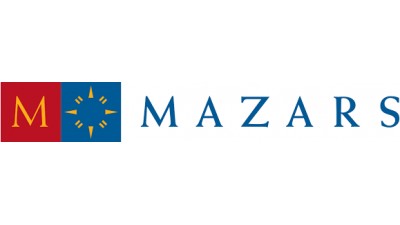Chinese Investment In NYC Hotels Remains Strong, But Shows Signs Of Slowing

New York City was both the most liquid hospitality market in the country, and global hotel investors’ destination of choice in 2015, according to JLL. That year, its transaction volume exceeded $6.6B, outpacing London by 40% and eclipsing its own 2011 record of $3.1B.
Although total hotel deal volume decreased 41% nationwide in 2016, foreign investment featured much more prominently, representing 12% of hotel acquisitions, a sixfold increase from the 2% it accounted for in 2015. This had an outsized impact on NYC, where, in 2016, foreigners were behind the majority of NYC real estate sales.
“We found, over the last two years, there’s been a surge in foreign investment in hotels, and, consequently, a big growth in our practice,” said Mazars USA partner Donald Bender, who leads the firm’s hospitality practice. “Activity hasn’t been quite as high in 2017.”
Bender identified four reasons Chinese buyers, in particular, are attracted to New York hospitality assets.
“First, they often look at the U.S. as a safe haven for capital,” he said.

The second group of private buyers and funds purchase with the goal of portfolio diversification.
“We had a client buy a property because he’s trying to establish a national brand,” Bender said. “And the last group is people who are just acquiring hotels for the real estate, for a long-term buy and hold strategy or with plans to convert the property to condos.”
Chinese investors have had an appetite for the expensive, historic trophy assets in Manhattan that seem guaranteed to maintain their value or gradually appreciate. They are less interested in high-risk, potentially high-return projects in up-and-coming areas. According to Bender, many investors buy with the objective of passing the real estate down through generations.
They are therefore less concerned with yield, allowing trophy hotels to command exorbitant prices per room.
“Many Chinese investors who come to us have experience with the hotel business abroad,” Bender said. “But they need our help adjusting to the unique situation here, because the regulations and taxes are varied and complex.”

Many view the NYC market as stable. The city boasts 60 million annual tourists and hotel occupancy rates hover around 80% year-round. According to Bender, immediately after 9/11, one of the big risks for hotels was terrorism depressing tourism. He now sees competing with giants like Airbnb and Marriott as the top challenge for NYC hotels.
“Marriott is becoming a big player, and it’s hard for boutique hotels to compete with them after the Starwood merger,” Bender said. “They have better technology and better rewards programs.”
Many countries have benefited from an influx of Chinese funds, but China, wary of its rapidly depleting foreign exchange reserves, has recently cracked down on hotel buyers. This year, the Chinese government began aggressively targeting high net worth individuals and high-profile companies like Anbang, which may discourage Chinese investors wishing to avoid scrutiny. The government has introduced controls to check capital outflows, severely restricting “risky” investments.
Hospitality projects are gaining recognition as a fast means of obtaining a green card, which also has the potential to divert Chinese capital from built hotels. An overwhelming 80% of foreign investors using EB-5, a federal visa program, are Chinese. This demographic alone has contributed billions of dollars to some of NYC’s most high-profile developments like Hudson Yards.

Due to these countervailing forces, Bender expects the number of Chinese-driven hotel deals to continue to dwindle this year and next.
To learn more about this Bisnow content sponsor, click here.

